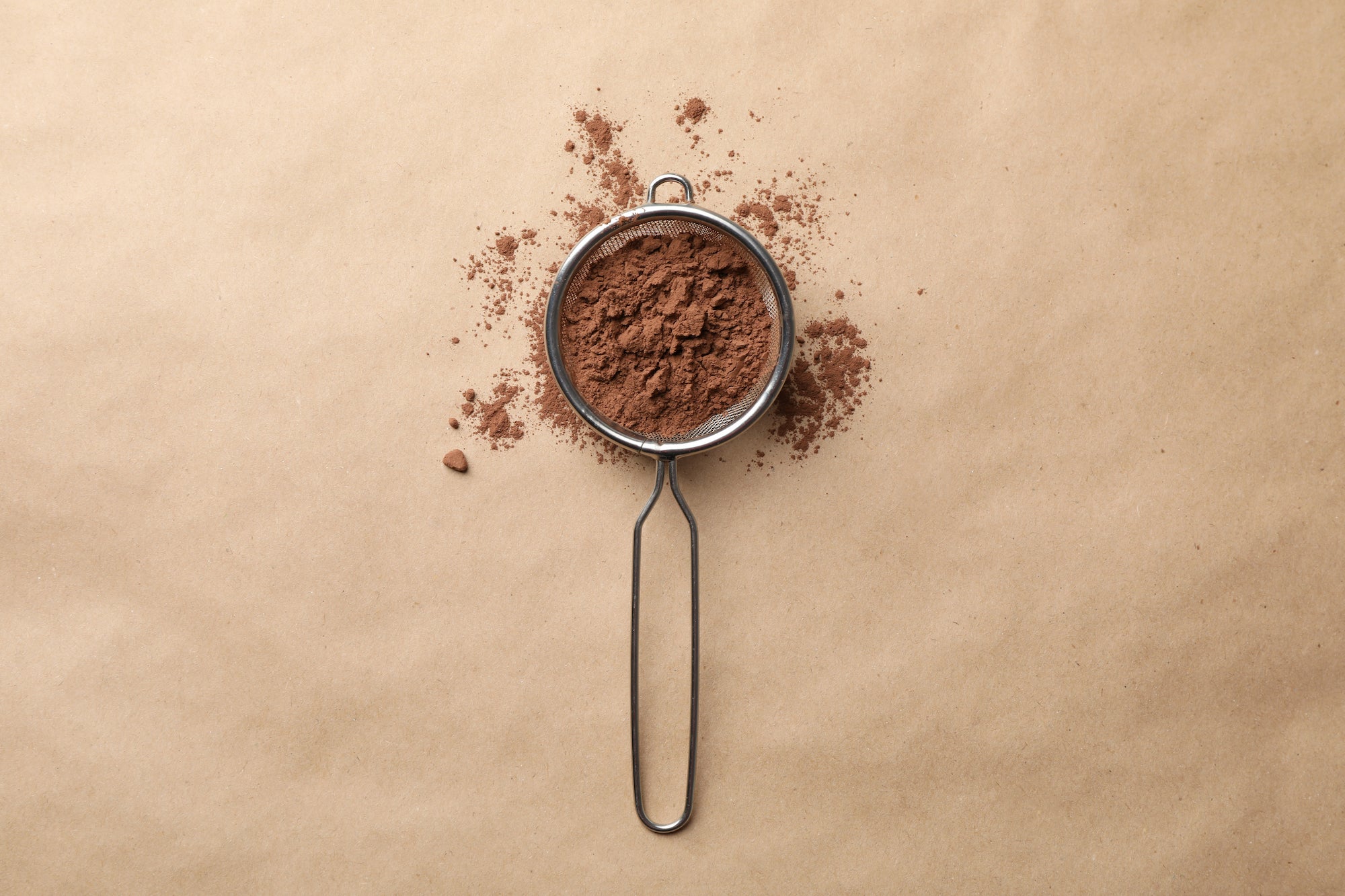You know how you back up your device data in the cloud so you don’t lose it? Science says our brains have their own nocturnal storage ritual when it comes to sleep and memory.
While we’re at rest, our slumbering minds get to work encoding and storing all the new names, learning experiences, and emotional memories we picked up during the day. Then it links that new intel with knowledge we already have stored in our cerebral cloud.
A healthy sleep cycle empowers us to learn faster, enhance creativity, and climb the ladder to genius. Bad news? The exact opposite happens when you don’t get a good night’s sleep.
So let’s unpack the science behind this backup process to learn the true impact of sleep on your mental prowess and brain health.
What Is Memory Exactly?
According to neuroscience experts, memory is a collection of neurons (brain cells) that tend to fire together based on their connection at synapses. Synapses are junctions where the axons of one neuron (which transmit information) meet the dendrites of another neuron (which receive information).[*]
The more you recall a memory, the stronger those neural circuits become. Reactivation of those memory traces either increases the number of neurons or synapses that fire up that pathway.[*]
Stop firing those synapses, and they’ll become weaker, fading away memories over time.
There are Dozens Of Different Types of Memory
But the two primary types of memory are:
- Short-term memory (aka working memory). This is when we temporarily hold and process information as needed for cognitive tasks like mental calculations, following directions, etc.
- Long-term memory stores information over an extended period, ranging from minutes to a lifetime.
Sleep plays a significant role in long-term memory, which includes two primary subtypes:
- Explicit (Declarative) Memory describes the conscious and intentional memories you recall. It includes semantic memory (general knowledge and facts) and episodic memory (personal life experiences).
- Implicit (Non-Declarative) Memory refers to unconscious, automatic experiences that influence your behavior. It includes subtypes like procedural memory (skills and habits), classical conditioning (learning associations between stimuli), and priming (exposure to one stimulus influencing responses to another).
So Many Memories, Not Enough Storage Space
There’s no way your brain could store everything you’ve ever seen, heard, or learned since you were born. So your noggin has a two-stage memory formation system:[*][*]
- Memories are first encoded into your hippocampus. As your brain’s learning hub, these memories are rich with details.
- Memories are then gradually transferred to long-term storage in your cortex and neocortex. Details fade over time, and we only remember the essential core of those memories.
Scientists are still working to understand how our memories transfer between brain regions. However, they generally agree that it happens during sleep.
Sleep and Memory: What Happens While You Snooze
To understand the role of sleep in memory enhancement, we need an overview of the sleep stages. Your brain cycles through these different sleep stages about every 90 minutes:[*]
Non-Rapid Eye Movement sleep occurs first. It starts with light sleep (N1 and N2) and progresses to deep sleep (N3). The “quiet time” of NREM sleep is essential for information processing.[*]
Your brain produces sleep spindles during N2 slow wave sleep (SWS). Scientists say you can think of these like relay runners carrying intel gathered from processing to hand off to runners in the next sleep stage.[*]
Rapid Eye Movement sleep is characterized by vivid dreaming and off-the-chart brain activity (according to EEG brain scans and key electrophysiological markers).
Our brain primarily uses deep sleep (N3) and REM sleep for the bulk of:
Memory Consolidation
Memory consolidation is the process of storing memories in a way that allows us to retrieve information efficiently.
Short-term memories leave the encoding stage of memory formation. Then they integrate into new and existing knowledge networks, becoming long-term memories we can easily recall.[*][*]
Think of the consolidation of memories like a super organized storage device. Related memories are not only stored together but connected to other relevant memories.
With little to no external stimuli, sleep provides the perfect opportunity for memories to move between the hippocampal region to long-term storage.[*] But it also means disruptions and wake-ups during deep sleep or REM sleep can potentially damage memory processing and consolidation.
Brain Junk Cleanup
Besides rest and memory processing, sleep also gives your brain’s cleanup crew a chance to free up space on your mental hard drive. We must clear out the clutter (what you ate for lunch last week) to remember the big stuff.[*]
Our brain’s glymphatic system removes or weakens neural links tied to memories we no longer need to make room for new memories.[*][*]
It also clears out waste products, including the toxic proteins linked to cognitive decline, dementia, and Alzheimer’s disease (beta-amyloid and abnormal tau proteins).
The Benefits of Higher Quality Sleep and Memory Recall
So what are the benefits of boosting your memory function? It’s not so you can keep reliving your most embarrassing pre-teen moments in your head. Improving your memory leads to:
Sharper Focus & Stronger Learning Abilities
What’s the connection between sleep and learning? A lack of sleep can cut learning ability by up to 40%.[*]
On the other hand, better sleep quality gives your brain the time and space to consolidate, organize, and integrate new intel. You pick up new information faster and gain a better understanding of it.
Plus, high-quality sleep helps fortify neural connections so you can recall linked information with Jeopardy! fast reflexes. See ya never, brain fog!
Greater Creativity & Problem Solving Skills
When you’re stuck on a problem, people always recommend you “sleep on it.” Turns out, science backs that advice.
Getting a full night of sleep builds and strengthens connections between different pieces of information.[*]
This linking process occurs during REM sleep, the most active stage of sleep, and often results in unexpected, novel associations between new intel and your prior memories and knowledge.[*]
So maybe clocking more ZZZs can actually increase your IQ.
Better Emotion Processing
A surprising connection between sleep and mental health makes the phrase “things will look better in the morning” hold true.
As your brain processes emotional memories during sleep, it reduces and removes intense emotions while retaining the essence of the situation/memory.[*] You can remember what upset you without feeling the full force of those emotions again the next day.[*]
Psychiatry researchers say this helps us better understand and cope with our feelings when we wake up.
Preserve Brain Health, Prevent Memory Loss, & Stave Off Cognitive Decline
A lack of sleep affects the hippocampus’ ability to form new memories.[*] And sleep disorders like insomnia are associated with diminished declarative memory consolidation.[*]
Worse? Numerous long-term studies reveal that chronic sleep deprivation correlates with a higher risk of Alzheimer’s disease and cognitive decline.
Many people with Alzheimer’s or cognitive impairment due to dementia experience glymphatic dysfunction.[*] Sleep research shows that just one night of sleep deprivation increases beta-amyloid burden.[*]
Older adults clock 70% less deep sleep than young adults, which may also explain their higher rates of memory impairment.[*]
Our brains need deep sleep time for their cleanup crew (i.e., the glymphatic system) to remove waste that builds up and gets in the way of synaptic firing. So prioritizing sleep may safeguard your brain health and memory performance for the future.
3 Actionable Tips for Quality Sleep
Memory and brain power are sleep-dependent. Now that you know the effects of sleep on your cognitive health, it’s time to:
🧠 Psst! Every IQBAR protein bar is formulated around five key brain nutrients your noggin craves.
Become Your Brain’s Best Friend
Whether you’re zipping on an electric scooter today or using a walker down the long road ahead, sleep plays a vital role in your memory retention, cognitive abilities, emotional well-being, and long-term brain health.
So start hitting the hay earlier, and get ready to unlock your mind’s full potential.
🙌 Did you know that every IQBAR product is packed with nutrition that drives daily brain + body performance? Grab a bundle of our noggin-supporting lineup of protein bars, sugar-free hydration mixes, and instant adaptogenic coffee to save now!
Written by Lauren Ciccarelli, a writer and research geek passionate about low-carb nutrition, mental health, and meditation. Her 2,500+ articles empower doers with science-backed tips for leveled-up living.




